Dallas Cowboys players who were reportedly with Brent earlier in the night of the accident have been called in to testify. Current members of the Dallas Cowboys are now testifying in Josh Brent’s intoxication manslaughter trial.
The trial began Monday, but it wasn’t until Thursday that Cowboys players Barry Church, and Danny McCray took the stand. Orlando Scandrick was also at the courthouse for the trial but did not testify.
Brent has been accused of driving drunk and crashing his vehicle, resulting in the death of his Dallas Cowboys teammate and friend, Jerry Brown, on Dec. 8, 2012. A forensic toxicologist estimates that ex-Cowboy Josh Brent consumed 17 drinks the night he crashed his Mercedes along an Irving highway.
He faces up to 20 years in prison but could also be sentenced to probation.
Brent, who played in 12 games in 2012 and would have competed for a starting spot as a defensive tackle last season, has since retired.
Toxicologist estimates Josh Brent had 17 drinks before fatal crash
DALLAS –– A forensic toxicologist estimates that ex-Cowboy Josh Brent consumed 17 drinks the night he crashed his Mercedes along an Irving highway, resulting in the death of friend and teammate Jerry Brown Jr.
Justin Schwane is the man who tested a sample of Brent’s blood after the crash and determined his blood alcohol content to be .18, more than twice the legal limit of .08. He was the first witness to take the stand Wednesday at the Frank Crowley Courthouse, the third day of testimony in Brent’s trial.
“I estimate approximately 17 standard size drinks in a 320 to 325 pound man like him,” Schwane said.
Brent told police he drank fewer than five.
Schwane works for the Southwest Institute of Forensic Science or SWIFS. Under cross-examination defense attorney Deanna Grant questioned Schwane on his credentials and on the integrity of the blood alcohol testing.
She questioned how Brent’s blood was stored, what additives were used to test the blood and about the testing equipment used.
Grant is trying to show the equipment was contaminated. During test runs, she said, a trace of alcohol showed up in a vial of pure water.
Schwane stood firm on his testimony, saying the tests met industry standards, the vials were properly stored and the equipment is not contaminated.
The wreck occurred on Dec. 8, 2012 after the two men left Club Privae in northwest Dallas. Prosecutors say a drunken Brent hit a curb and flipped his Mercedes. Brown died after the crash.
On Tuesday, the jury saw video of his arrest. Brent was aggravated that an officer was drawing his blood to test for alcohol. Irving officer Travis Huckaby testified the retired Cowboy seemed “more concerned about getting home” than the fate of his friend. He said Brent’s “eyes welled up with tears and for the first time showed real emotion” upon being told his friend was dead.
Testimony is continuing Wednesday afternoon. Waitresses at the restaurants and clubs where Brent and other Dallas Cowboys players were partying in the hours leading up to the crash are expected to take the stand.
In addition to the intoxication manslaughter charge, Brent was also indicted for manslaughter. If a jury finds he was not intoxicated, he can still be convicted on the second count.
Brent’s attorneys do not deny he was driving too fast when he flipped his car.
Defense rests in manslaughter case of former Dallas Cowboys DT Josh Brent
DALLAS (AP) — Former Dallas Cowboys defensive tackle Josh Brent‘s case in a fatal wreck that left his close friend and teammate dead will soon head to a jury, after his attorneys finished their case in one day, arguing again that he wasn’t drunk during the crash.
Brent’s defense called several witnesses Friday to make the case they laid out from the very beginning: The blood tests implicating him for drinking were wrong, and photos and video of him appearing to be drunk are misleading. Brent’s lead attorney, George Milner, rested his case Friday afternoon, and lead prosecutor Heath Harris said his case was finished shortly afterward.
If convicted of intoxication manslaughter or manslaughter, Brent could get anywhere from probation to 20 years in prison.
The December 2012 wreck in the Dallas suburb of Irving killed Jerry Brown, a practice squad linebacker who played football with Brent at the University of Illinois. Milner has argued that his client was guilty of poor judgment and bad driving, but not of causing the crash by drinking beforehand.
Laboratory expert Janine Arvizu sought to poke holes in a key part of the prosecution’s case — the blood tests that showed Brent to have a blood-alcohol level of 0.189 percent, more than twice the legal limit. A toxicologist estimated the 320-pound Brent would have had to have 17 drinks to get that drunk.
But Arvizu accused the Dallas County crime lab of using potentially spoiled fluid to process Brent’s blood samples, something she compared to a person drinking milk past its expiration date.
“Just because a result is precise doesn’t mean it’s accurate,” Arvizu said.
Judge Robert Burns would not let her testify about other problems she identified with the crime lab, calling them “pure speculation.”
A waitress at the Dallas nightclub where Brent, Brown and other Cowboys players visited that night testified that the club served water in bottles that looked like Champagne — part of Milner’s argument that security video of Brent holding the bottles might not have meant he was drinking alcohol.
Milner also argued Brent wasn’t a skilled driver and could have caused the wreck without being affected by liquor. Aya Matsuda, a restaurateur and close friend of Brent’s, recalled giving him rides to practice after finding out that he was taking the bus because he didn’t have a car.
Asked about his drinking at the nightclub, Matsuda said: “He didn’t have a single drink in his hand the whole, entire night.”
But Irving Police Officer James Fairbairn, under questioning by Milner, said Brent swerved and caused the wreck after initially hitting a curb because he was under the influence.
“Had he not been intoxicated, he probably never would have ended up at that point,” Fairbairn said.
The trial so far has taken a week. With the prosecution and defense both wrapping up their cases, the closely watched trial that’s included testimony from two Cowboys players could finish sooner than the two weeks originally expected.
Jury to deliberate in Josh Brent case next week
A Dallas County jury is expected to decide next week whether former Dallas Cowboy Josh Brent was drunk the night of a car crash that killed his best friend and teammate, or whether he was sober and simply driving too fast.
In the defense’s only day of testimony Friday, Brent’s attorneys tried to undermine the validity of his blood alcohol test and offered other explanations for his behavior. Prosecutors maintained that Brent was drunk at the time of the crash.
These diverging arguments have been at the center of the contentious, weeklong trial in which Brent is charged with intoxication manslaughter for the crash that killed 25-year-old Jerry Brown Jr. The jurors will decide which version of events they believe after final arguments that begin Tuesday morning.
The defense called on a lab quality auditor Friday to testify that the Southwestern Institute of Forensic Sciences didn’t follow industry protocols when testing Brent’s blood for alcohol in December 2012.
The tests showed that he had a blood alcohol level of 0.18, more than two times the legal driving limit of 0.08.
Janine Arvizu testified that water used as a control substance in one of the tests contained trace amounts of ethanol, an alcohol. She also testified that the institute wasn’t accredited by rigorous international standards in December 2012.
But before Arvizu took the stand, prosecutors took issue with her expertise and questioned her extensively about her qualifications. Judge Robert Burns III allowed only part of her testimony before the jury.
Earlier in the week, a toxicologist testified that defense attorneys were presenting incomplete blood test data and that the test was accurate.
Also Friday, defense attorneys rebutted video footage that showed Brent drinking inside a nightclub before the crash and argued that he could have been drinking from glass water bottles that only appeared to be alcohol.
Aya Matsuda, a friend who was with Brent before the crash, testified she didn’t see him consume alcohol.
The defense also portrayed Brent as an inexperienced driver who was prone to speeding, and suggested that these factors alone could explain the crash.
Matsuda, who works at a Japanese restaurant near where Brent lived in Irving, said Brent often walked to get takeout because he didn’t have a car. When he later got one, she said, she’d see his car “flying by” the restaurant.
The prosecution countered with records that show Brent’s Illinois driver’s license was issued in 2004.
For all posts (and pictures) related to JOSH BRENT, click here
2008: In 2008 as a sophomore, he recorded 34 tackles and 1.5 sacks in 10 games with eight starts.
2009: In 2009 as a junior, he started all 12 games, recording 29 tackles (7 for loss) and three sacks.
2009: Brent pleaded guilty to a charge of driving under the influence on June 2, 2009, as a result of an incident from the previous February.
2012: Brent received his first career starts in 2012, replacing an injured Jay Ratliff and was coming on strong as a key player on the defensive line.
2012: On December 8, 2012, he flipped his car on the Texas State Highway 114 at 2:21 a.m. while driving under the influence, killing his passenger, college and Cowboys teammate Jerry Brown.
2012: On December 26, 2012, a grand jury indicted Brent on one count of intoxication manslaughter.
2013: On May 24, 2013, the Dallas district attorney requested to revoke Brent’s bail for not adhering to the monitoring conditions and send him to jail to await trial.
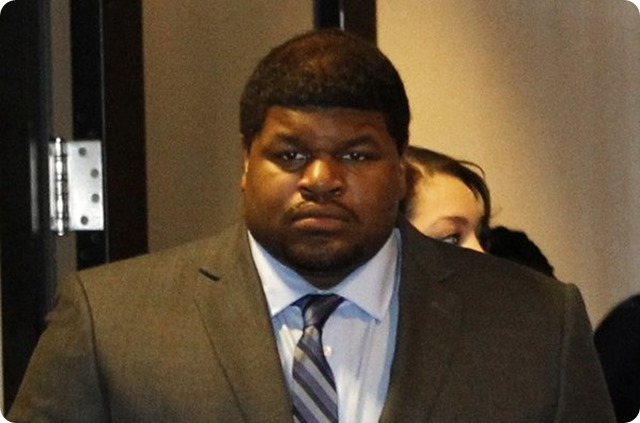


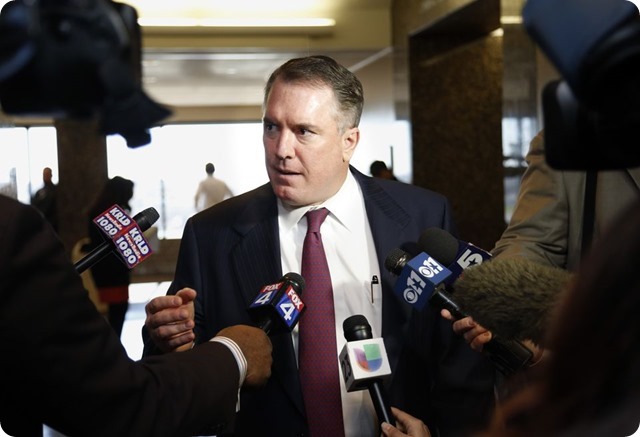

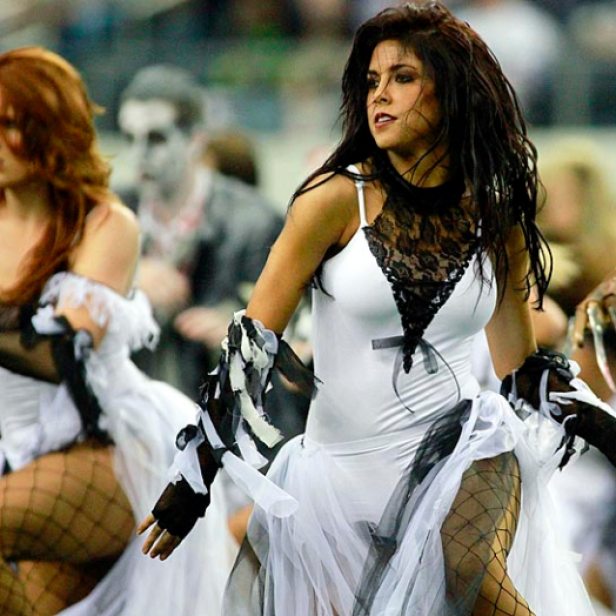




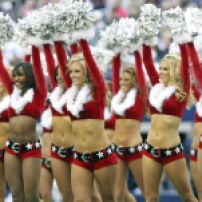




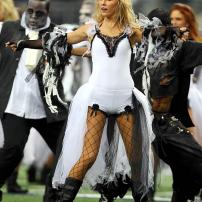




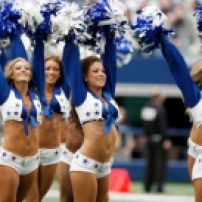

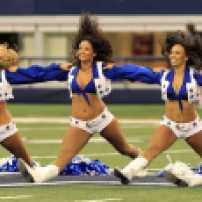
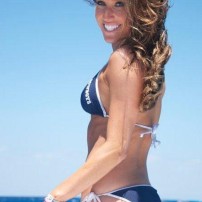







 Bing Rewards
Bing Rewards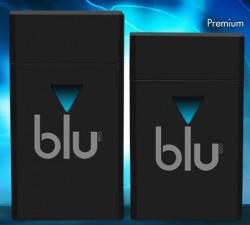 Blu eCigs
Blu eCigs NFL GAME REWIND
NFL GAME REWIND Instant access to Real Men Of Genius
Instant access to Real Men Of Genius Instant access to the TRUEblues group
Instant access to the TRUEblues group